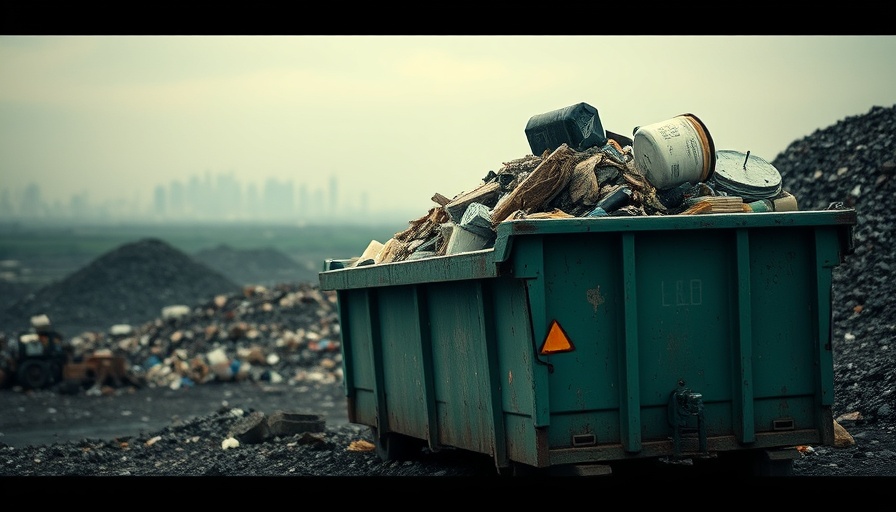
Transforming Waste: The New Gold Mine of Corporate Responsibility
In a world increasingly aware of environmental repercussions, the relationship between corporate waste and profitability is undergoing a dramatic transformation. For decades, waste was viewed merely as an inevitable byproduct of production, a heavy burden on corporate budgets. However, enlightened businesses are now discovering that this refuse holds untapped potential for revenue and sustainability.
This shift in perspective is not just a nod to regulations or greenwashing—a significant motivator is the rising cost of waste disposal and the pressing demand from consumers for responsible business practices. Companies are taking a closer look at the countless materials left behind in the production process. Fabric scraps, food byproducts, and excess packaging can be reimagined as commodities if businesses are willing to embrace innovative recovery methods.
Finding Hidden Profits in Corporate Leftovers
The first step in this profitable journey is a change in mindset. Many organizations are pivoting from viewing waste as a terminal product to seeing it as a valuable resource ripe for repurposing. Whether it is launching new products from leftover materials or selling them to other industries, knowledge and a proactive strategy are crucial to this emerging business model.
External consultants are increasingly aiding this shift, employing financial analysis to uncover hidden profit margins and develop long-term action plans. For businesses that grasp the opportunities available, waste can translate into impressive revenue streams, with some companies reporting substantial new income from what was once seen as worthless debris.
Building a Brand Through Purposeful Waste Management
The revolution in corporate waste management extends beyond just profitability; it also significantly enhances a company’s brand image. Customers today demand transparency and accountability from the brands they support. By successfully converting waste into functional products, businesses not only improve their environmental footprint but also demonstrate a genuine commitment to sustainability.
Creative applications of waste abound—from breweries transforming spent grain into artisanal baked goods to fashion brands crafting accessories from fabric offcuts. These initiatives not only stimulate creativity but also resonate with consumers, enabling them to be part of a tangible sustainability story.
Collaborative Innovation: The Key to Sustainable Practices
Few companies can efficiently navigate waste repurposing independently, which is why collaboration is on the rise. Partnerships with suppliers, recycling organizations, and even rivals can lead to innovative solutions that maximize waste utilization. This collaborative mindset fosters a community where waste producers and users connect seamlessly, preventing materials from ending up in landfills.
Sustainable business practices are emerging as essential not just for compliance with regulations but as vital income generators. In reshaping the narrative surrounding waste, companies are not only saving costs but are also positioning themselves as leaders in a new era of eco-conscious capitalism. Therefore, understanding how to effectively manage and leverage waste can unlock both economic and environmental benefits.
 Add Row
Add Row  Add
Add 



Write A Comment